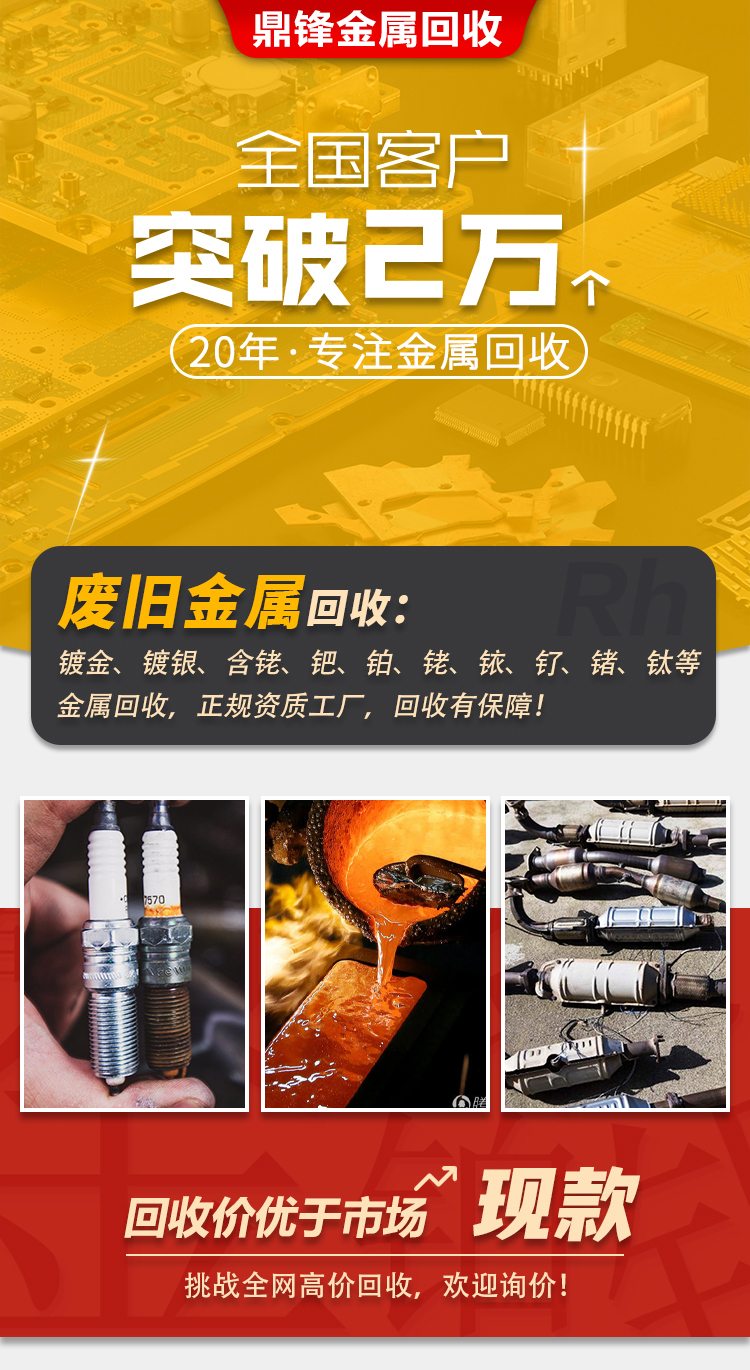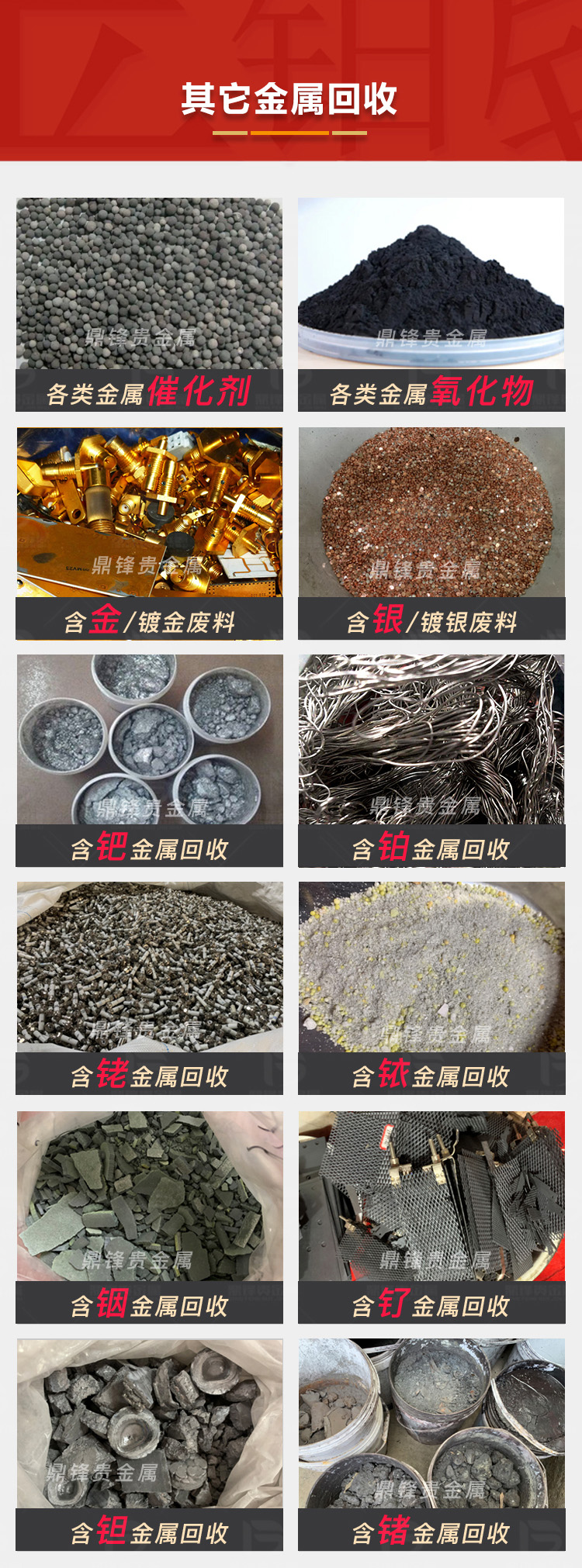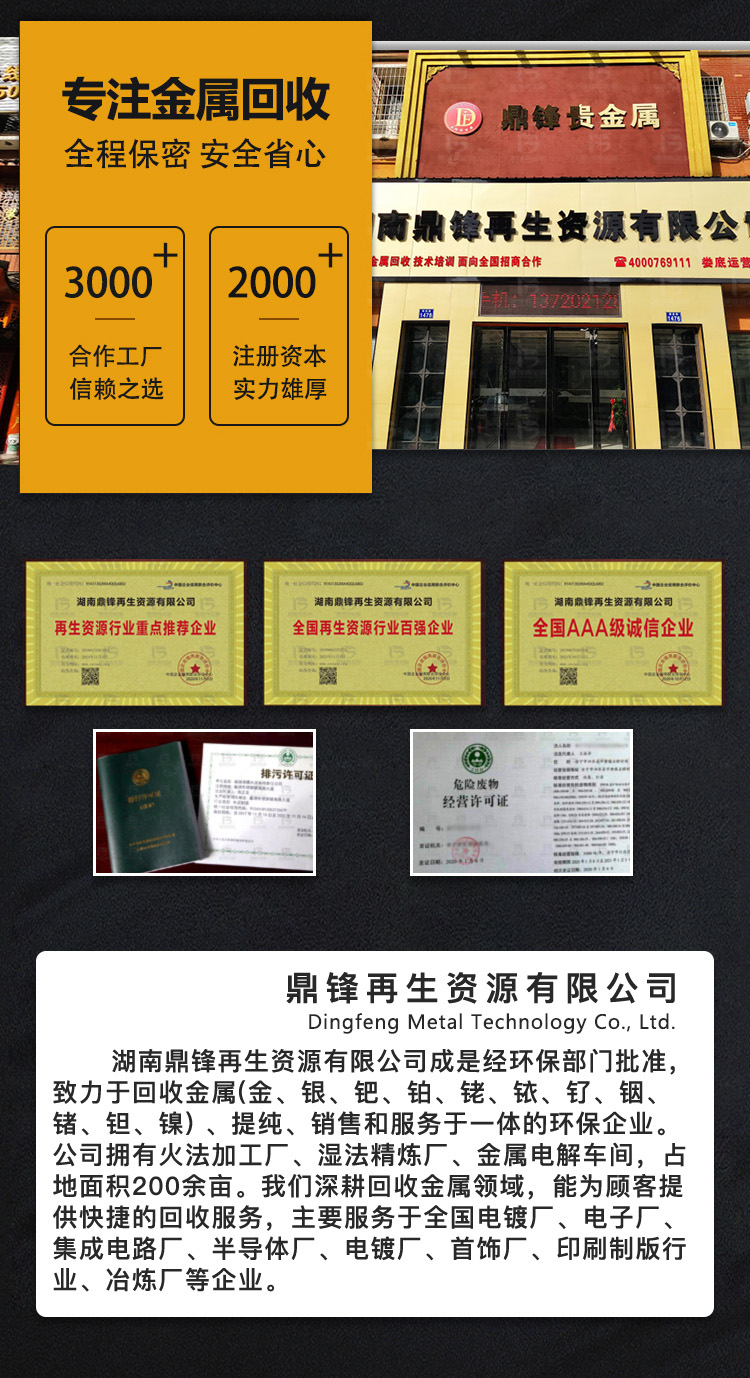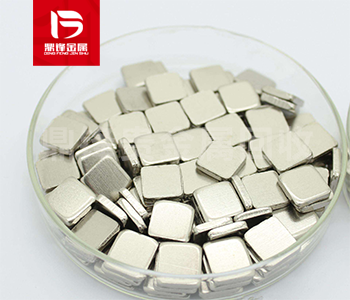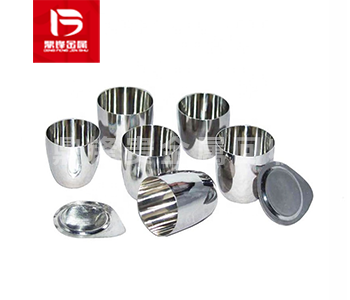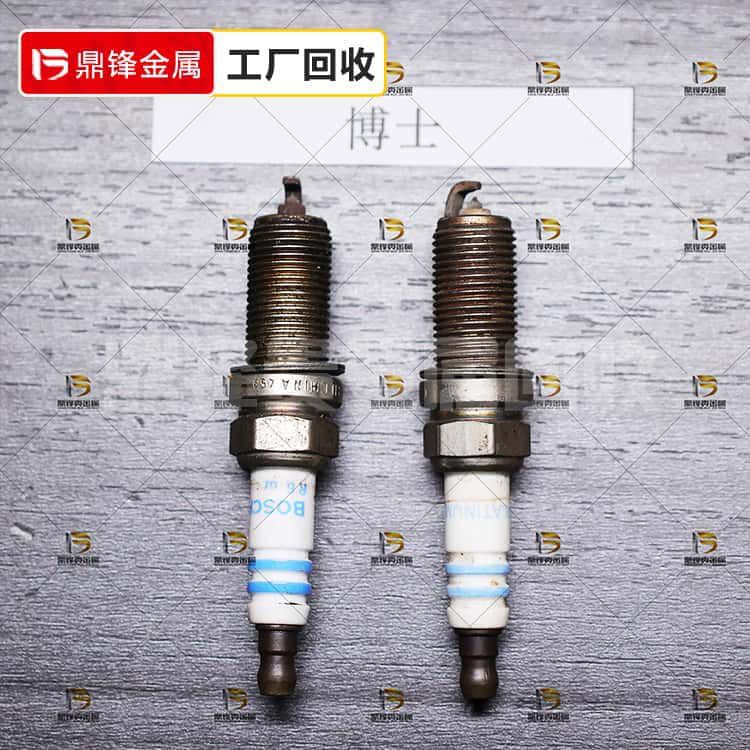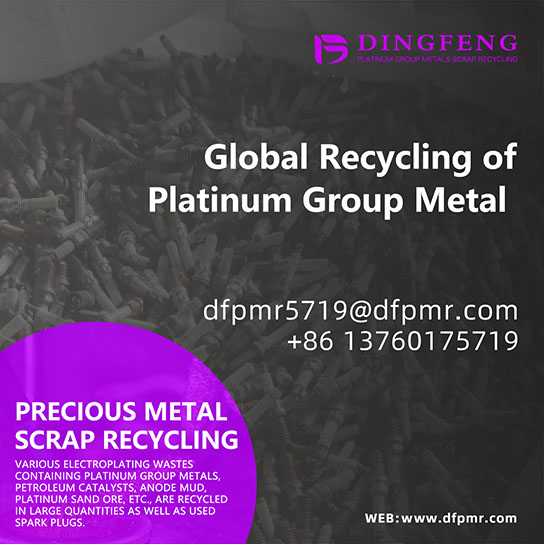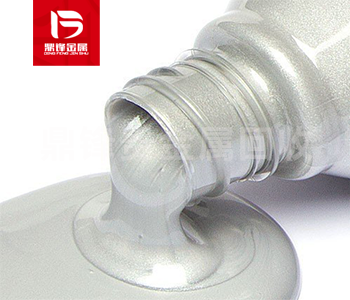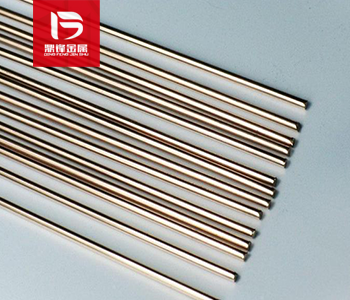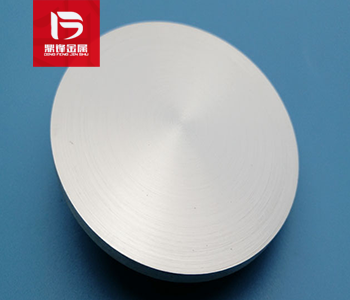Car spark plug recycling_ Gas spark plug recycling_ Spark plug recycling manufacturer
Waste iridium spark plugs are one of the sources of waste automotive spark plug recycling, including platinum spark plug recycling, ruthenium spark plug recycling, iridium platinum spark plug recycling, osmium spark plug recycling, and double iridium spark plug recycling. If you have any demand for recycling of used car spark plugs, please call our 24-hour service hotline. Dingfeng Precious Metal Recycling and Refining Factory has its own recycling and refining factory, and there is no profit difference between intermediaries. Our professional technical team and customer service personnel provide one-on-one services to ensure customer privacy during the recycling process.
Product Details
The Future of Spark Plug Recycling
Introduction
As the automotive industry evolves, so too does the landscape of spark plug recycling. With increasing awareness of environmental issues and the need for sustainable practices, the future of spark plug recycling looks promising. This essay explores the potential developments in spark plug recycling, including technological advancements, regulatory changes, and shifts in consumer behavior.
Technological Advancements
The future of spark plug recycling is likely to be shaped by ongoing technological advancements. Innovations in processing and recovery techniques will continue to enhance the efficiency and effectiveness of spark plug recycling. For example, advancements in automated sorting technologies and hydrometallurgical methods can improve recovery rates and reduce the environmental impact of recycling processes. As new technologies emerge, recyclers will be better equipped to handle the complexities of spark plug recycling.
Regulatory Changes
Regulatory frameworks surrounding waste management and recycling are expected to evolve in response to growing environmental concerns. Stricter regulations on waste disposal may encourage more businesses and consumers to participate in recycling initiatives. Additionally, governments may implement incentives for recycling programs, further promoting the recycling of spark plugs and other automotive components.
Shifts in Consumer Behavior
As awareness of sustainability grows, consumer behavior is likely to shift toward more environmentally responsible practices. Consumers may become increasingly proactive in seeking out recycling options for used spark plugs, driven by a desire to contribute to a healthier planet. This shift in behavior could lead to increased participation in spark plug recycling programs and a greater demand for sustainable automotive practices.
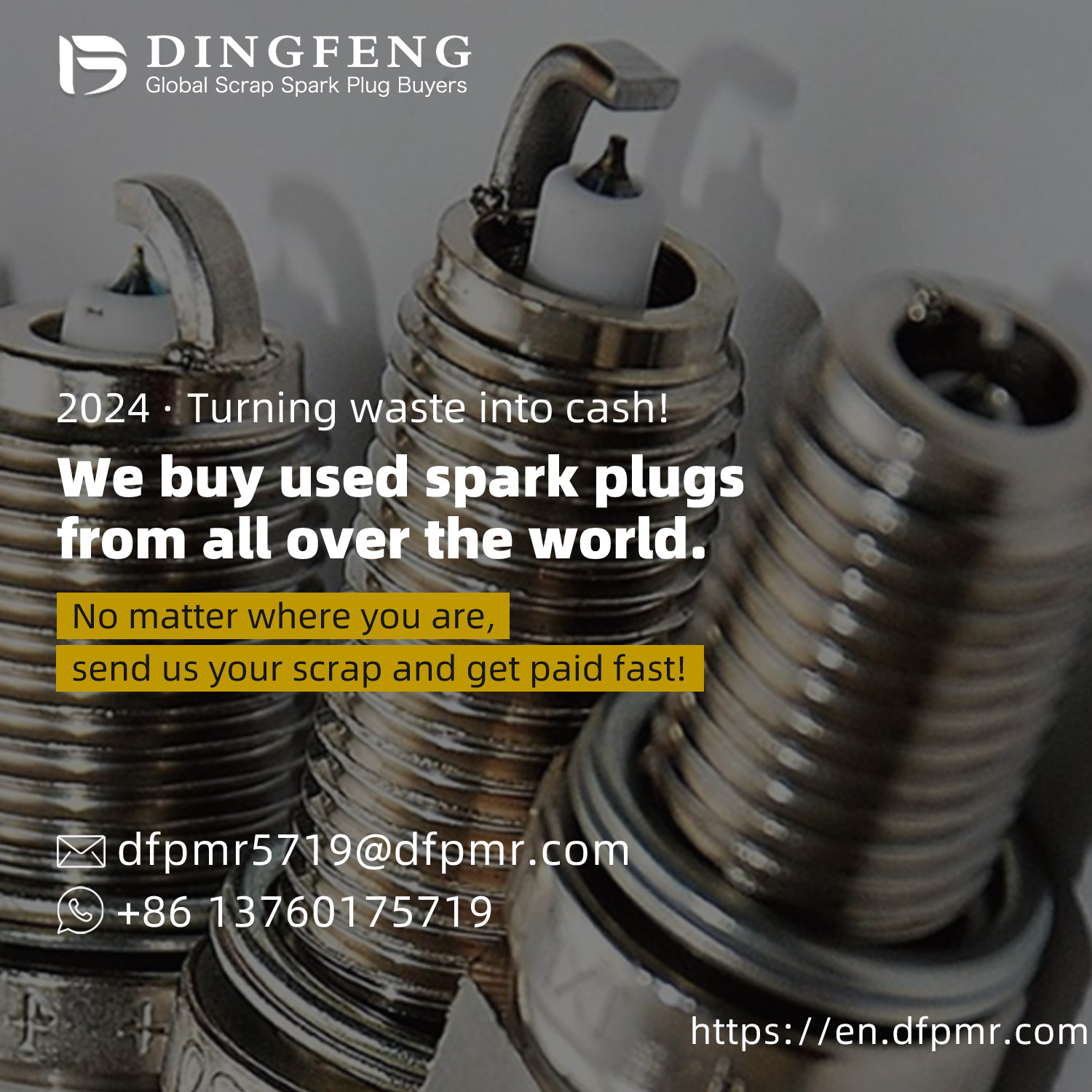
Collaboration and Partnerships
The future of spark plug recycling will also benefit from increased collaboration between various stakeholders, including automotive manufacturers, recyclers, and consumers. By working together, these parties can create a more efficient recycling ecosystem that maximizes material recovery and minimizes waste. Partnerships between recycling organizations and automotive service providers can facilitate the collection and recycling of spark plugs, ensuring a steady supply of materials for processing.
Conclusion
The future of spark plug recycling holds great promise, driven by technological advancements, regulatory changes, shifts in consumer behavior, and increased collaboration among stakeholders. As the automotive industry continues to prioritize sustainability, spark plug recycling will play a vital role in promoting responsible waste management and resource conservation. By embracing these changes, we can work toward a more sustainable future for the automotive sector and the environment as a whole.
